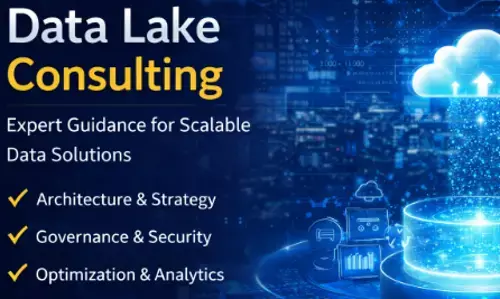Impact of AI on personalised learning in K-12 education

AI is poised to become the backbone of educational institutions. Gartner predicts that by 2028, 70% of teaching, research, and content development will be driven by AI. This highlights the extent to which AI will be embedded in the day-to-day functioning of classrooms. Moreover, the ability of AI to reduce teacher workload by 20-30% will free up valuable time for teachers to focus on student interaction and in-depth support. Incorporating AI into K-12 education is not just a trend—it’s the future. As AI continues to evolve, its ability to make learning more personalized, effective, and engaging will only grow, reshaping the educational landscape for years to come
AI is transforming K-12 education by personalizing learning experiences like never before. Adaptive AI tools analyze student performance, offering tailored lessons and real-time support, ensuring no learner is left behind. However, challenges such as data privacy, ethical concerns, and the digital divide must be addressed. As AI advances, it promises to revolutionize classrooms, reducing teacher workload and making education more engaging, accessible, and effective for future generations
The revolutionary impact of Artificial Intelligence is being felt across multiple sectors and industries, but its transformative potential in K-12 education is especially exciting. With AI-driven tools now being integrated into classrooms, the concept of personalized learning is moving from a theoretical ideal to a practical reality, catering to each student’s unique needs and abilities.
Revolutionising the learning experience with AI
The traditional classroom model, which is known for adopting a one-size-fits-all approach, has long been criticized for not addressing the individual learning styles of students. AI changes this by using data to adapt lessons, exercises, and resources in real time. By analysing a student’s performance, AI systems can predict areas of difficulty and suggest tailored solutions. This not only helps students learn at their own pace but also prevents them from feeling overwhelmed or under-challenged.
AI-powered platforms can identify patterns in students’ work, recommending targeted resources such as quizzes, interactive modules, or additional reading material. In essence, AI acts as a personalized tutor, guiding each student on a customized learning path.
Challenges to Overcome: Ethics and accessibility
While the advantages of AI are undeniable, several challenges must be addressed. One of the primary concerns is the issue of data privacy, especially when minors are involved. Schools must ensure that sensitive student data is protected and not exploited by third-party AI providers. Furthermore, ethical considerations around the use of AI must be examined closely. How much control should machines have over a child’s learning, and how do we ensure that AI doesn’t introduce biases?
Another significant hurdle is the digital divide. Many students, especially in underserved communities, still lack access to the necessary technology that enables AI-driven learning. Schools and governments must work together to ensure equitable access to these tools.
The Future: AI as the backbone of education
Looking ahead, AI is poised to become the backbone of educational institutions. Gartner predicts that by 2028, 70% of teaching, research, and content development will be driven by AI. This highlights the extent to which AI will be embedded in the day-to-day functioning of classrooms. Moreover, the ability of AI to reduce teacher workload by 20-30% will free up valuable time for teachers to focus on student interaction and in-depth support.
Incorporating AI into K-12 education is not just a trend—it’s the future. As AI continues to evolve, its ability to make learning more personalized, effective, and engaging will only grow, reshaping the educational landscape for years to come.
(The author is a seasoned entrepreneurangel investor, and former Senior Vice President at Toppr&Byju’s educational platform)








